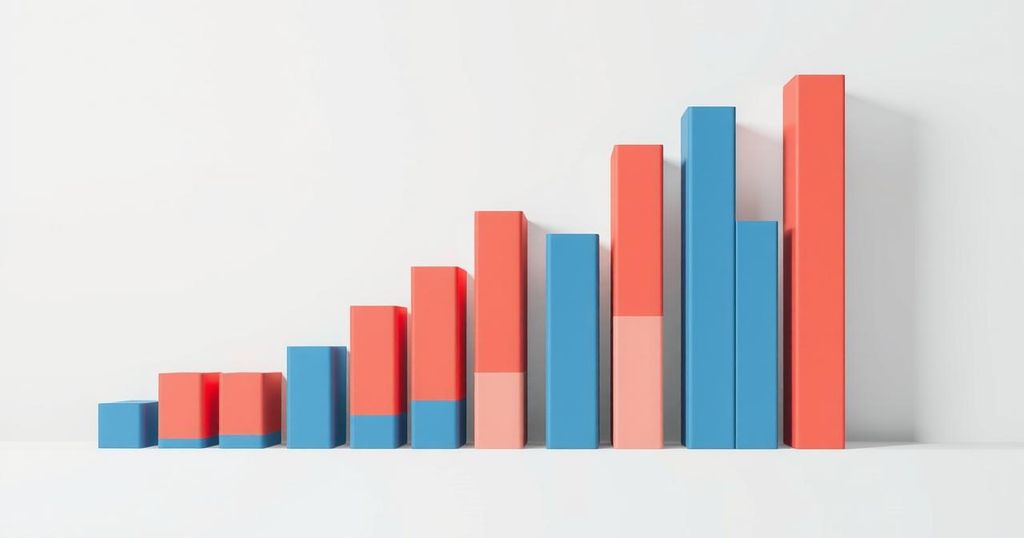Argentina’s inflation rate is expected to rise to 2.4% in February from 2.2% in January. Although the country has seen a decrease in its annual inflation rate, ongoing economic challenges persist. Analysts emphasize that inflation may continue to accelerate into March due to seasonal pressures and other factors affecting key sectors.
Argentina is anticipated to experience a slight increase in its monthly inflation rate for February, surpassing January’s figure, according to a Reuters poll of analysts. The consumer price index (CPI) is predicted to rise by 2.4%, using the median estimate from 24 analysts surveyed, which marks an increase from January’s 2.2%.
As a significant grains exporter and an emerging energy producer, Argentina has been struggling with triple-digit inflation, ranking as the country with the highest annual inflation rate globally. The annual rate, which approached 300% in early 2022, has since decreased, finishing 2024 at 118%. Notably, monthly inflation peaked at around 25% in December 2023 but has generally remained within the 2%-3% range since October 2024.
According to the consulting firm Eco Go, “The government’s goal of breaking the 2% barrier has not been fully realized, and in February, inflation may have even accelerated.” The firm further noted the government’s attempts to control inflation, including reducing the crawling peg and adjusting tariffs, have met with limited success.
The Market Expectations Survey (REM) conducted by Argentina’s central bank (BCRA) predicts a 2.3% inflation rate for February, with an expectation of a 2% inflation rate in March. The foundation Libertad y Progreso (LyP) highlighted that CPI increases were below January’s figures during the first half of February, suggesting a possible slowdown. However, they cautioned that the latter half of the month saw increases exceed expectations, primarily driven by rising prices in food and non-alcoholic beverages.
Analysts forecast a slight acceleration in inflation for March. According to Clara Alesina, an economist at LyP, “Despite the downward trend (of the CPI), a slowdown is not expected in March. The start of the school year and the reactivation of key sectors could generate some seasonal pressure on prices.”
In conclusion, Argentina is likely to witness a slight increase in its inflation rate for February, projected at 2.4%. The country has been grappling with high inflation rates for years, with a significant annual decline noted recently. Despite some government efforts to manage inflation, analysts indicate that economic pressures may lead to continued increases as March approaches, particularly with the seasonal factors associated with the school year.
Original Source: www.marketscreener.com




